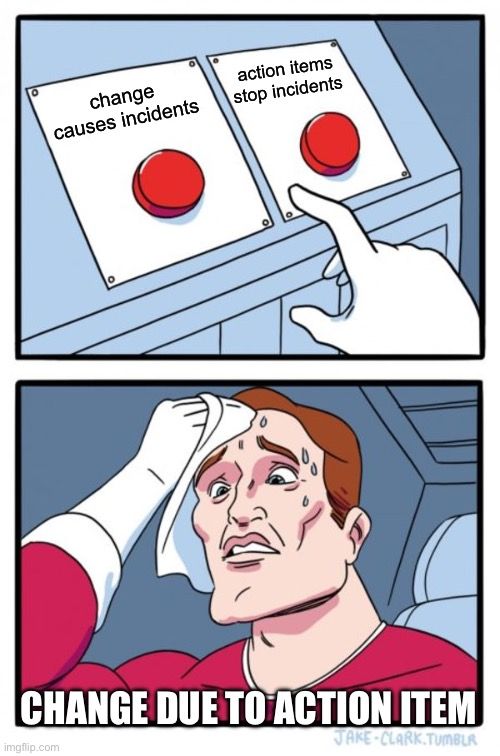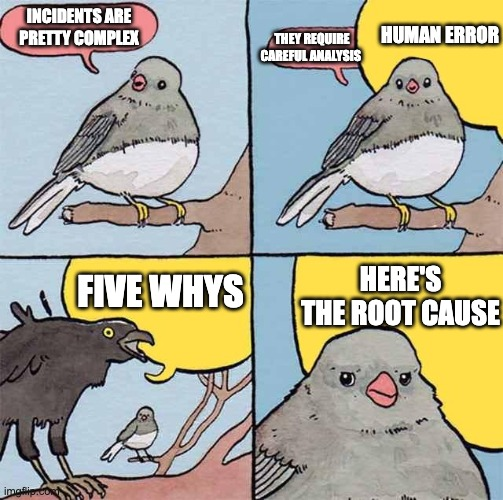This is a great post by Shubheksha and talking about the right way to talk about production issues.
Having a blameless culture makes it easier for new/junior engineers getting started with working on production systems, and makes everyone more comfortable working on things where they know they won't get the blame pointed at them.
I've found that, at work, diagnosing issues in our staging environment has given me such a great experience - it's been great to practice dealing with production-like issues in a non-production environment, as it gives you that time to breath, experiment and learn, as well as giving me much greater understanding of the end-to-end system.




